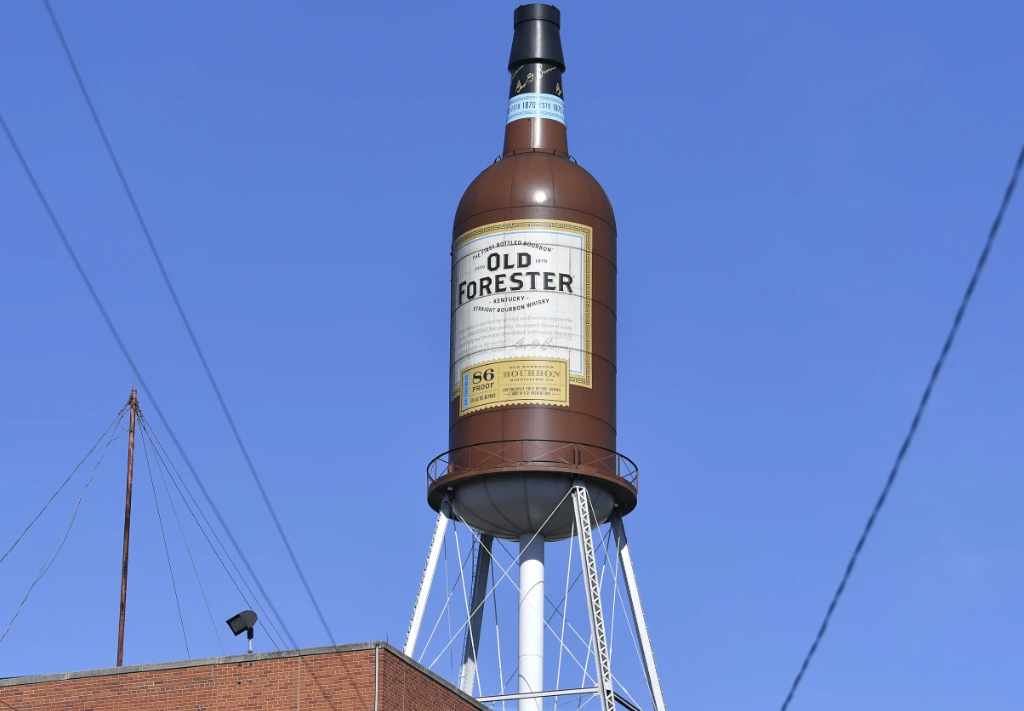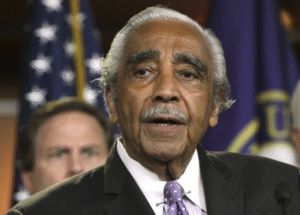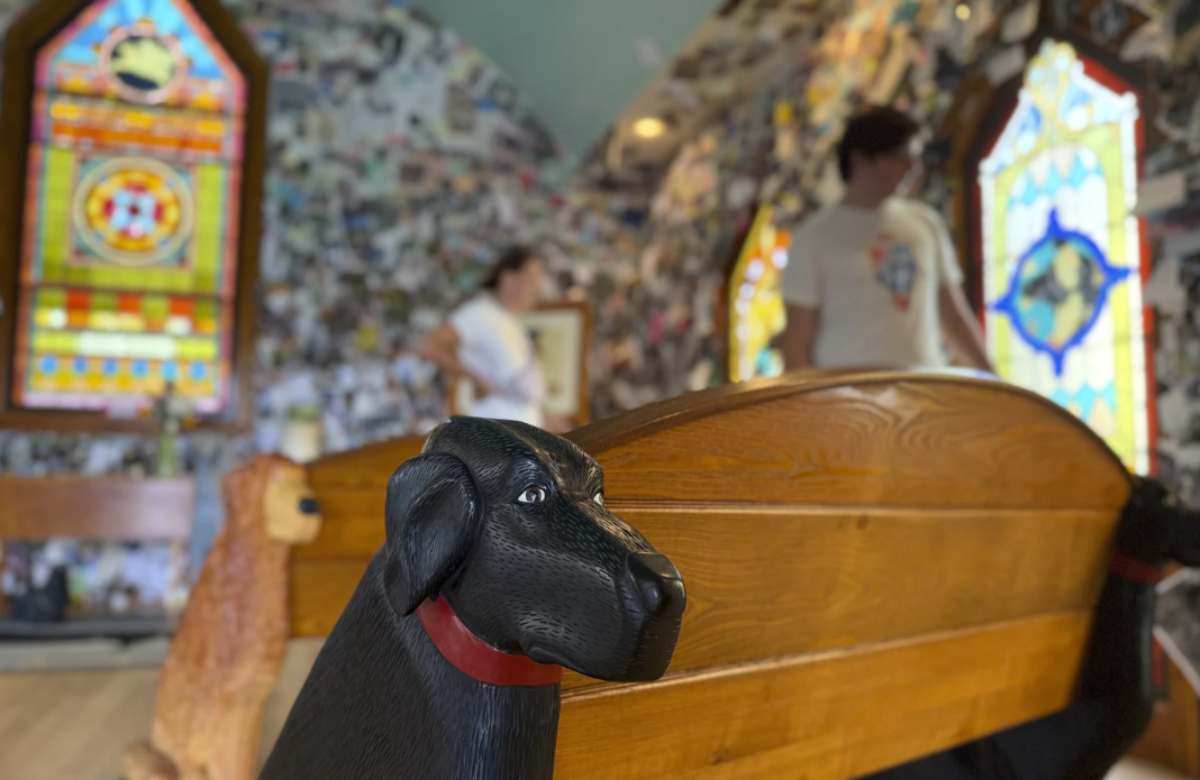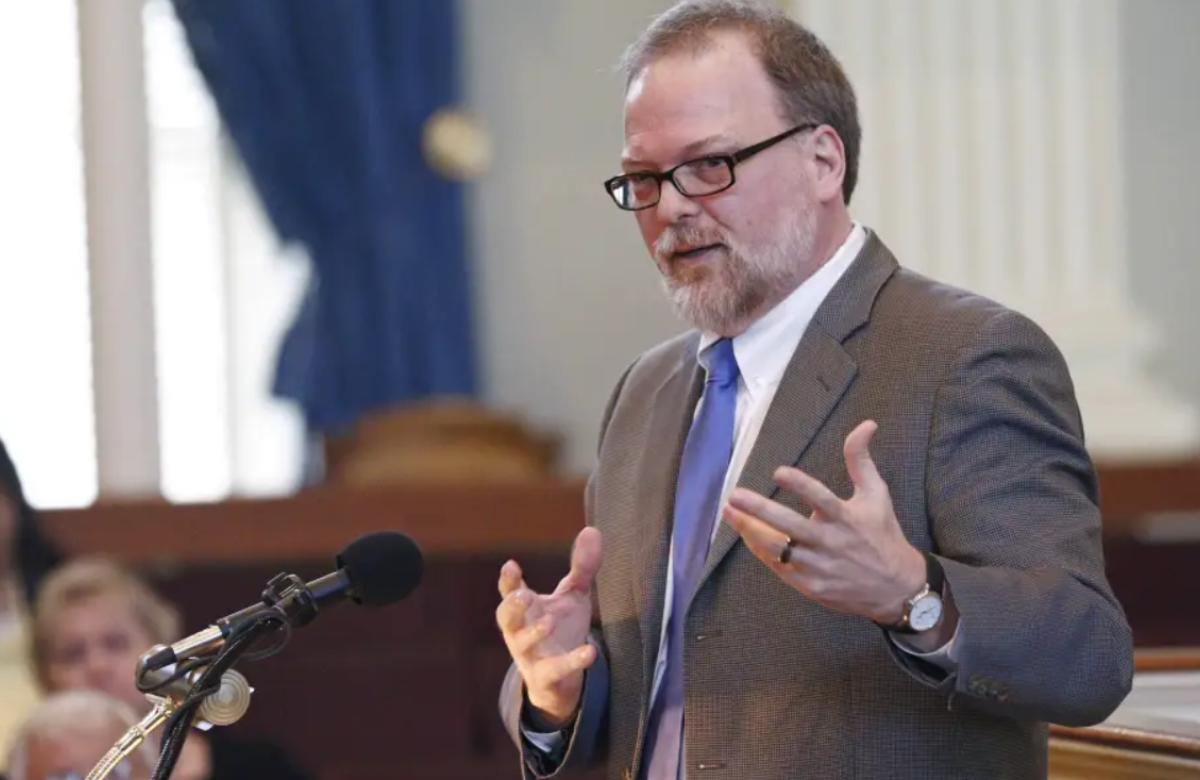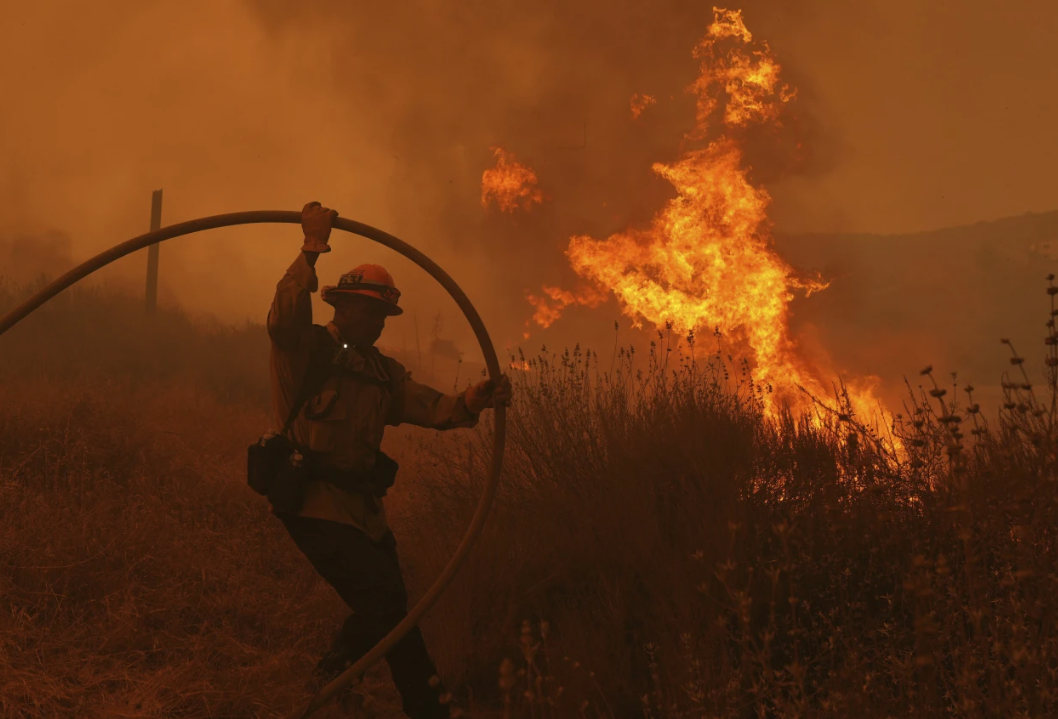In the heart of Kentucky, where much of the world’s bourbon is produced, the possibility of a new trade war looms like a persistent hangover. Bourbon producers in the state have found themselves once again caught in the middle of trade tensions after President Donald Trump announced new tariffs on U.S. neighbors Canada and Mexico. On Monday, Trump and the leaders of both countries agreed to delay these tariffs for at least a month in order to allow for more discussions. However, the lack of a definitive resolution has left industry officials and elected leaders uneasy about the impact on Kentucky’s famous bourbon.
American whiskey exports had already been affected by a previous trade dispute during Trump’s first term. Before the temporary reprieve was announced, Canada, a major market for U.S. spirits, responded to the tariffs by introducing new duties on American imports, including beverages. Some provincial authorities had even planned to pull American liquor brands from government-run stores.
The bourbon industry contributes $9 billion annually to Kentucky’s economy, generating jobs and drawing an increasing number of tourists, as highlighted by a study released last year. According to the Kentucky Distillers’ Association, Kentucky distillers are responsible for producing 95% of the world’s bourbon supply.
Bourbon production plays a crucial role in the economy of Lawrenceburg, located near the distilleries of renowned brands like Wild Turkey and Four Roses. In a community where support for Trump is strong, some residents believe that using tariffs can be an effective strategy to gain leverage in international negotiations.
“I think it’s time for our country to stand up for itself. That’s what we’re doing now,” said Gary Chilton, a Lawrenceburg local, while running errands. “Other countries have taken advantage of us for too long. It’s a negotiating tool, and it’ll get resolved.”
In a video shared on social media Sunday, Kentucky Democratic Governor Andy Beshear warned that the proposed tariffs would harm working families in a state that strongly supported Trump in the previous election. He emphasized that the negative impact would extend beyond distilleries to other sectors supporting the bourbon industry, such as farmers and barrel-makers. Beshear, who is considered a potential presidential candidate for 2028, expressed concerns about the broader consequences.
Meanwhile, Republican U.S. Representative Andy Barr, whose district includes areas involved in bourbon production, maintained his support for Trump despite the uncertainties facing the industry. “Other nations have forgotten that the United States is the world’s superpower, and under President Trump’s leadership, they are quickly remembering that we will no longer be taken advantage of,” Barr stated on Monday. He added that he would continue working to protect the bourbon industry, describing it as a crucial source of jobs and economic growth.
Republican U.S. Senator Mitch McConnell of Kentucky also voiced concerns on Monday, highlighting the potential effects the tariffs could have on jobs and consumer prices in Kentucky and beyond.
“I support taking action against unfair trade practices and ensuring a level playing field for American producers, but I’m not in favor of tariffs,” Senator Mitch McConnell said in a statement. “In the end, tariffs increase the cost of goods and services that we all depend on, and it’s American consumers who end up paying the price.”
The bourbon industry is hopeful that cooler heads will prevail. The Kentucky Distillers’ Association praised Trump and the leaders of Mexico and Canada for postponing the tariffs for 30 days. In return, both neighboring countries agreed to bolster efforts to enhance border security and fight drug trafficking, which helped ease tensions.
“We are optimistic about reaching permanent agreements that will allow Kentucky bourbon to be enjoyed worldwide,” said Eric Gregory, president of the Kentucky Distillers’ Association, in a statement Monday evening.
Chris Swonger, president and CEO of the Distilled Spirits Council of the United States, encouraged both the U.S. and Canada to reach an agreement that would allow the spirits industries in both countries to flourish. Many producers, he said, are facing challenges due to the tariffs.
“Certain spirits are recognized as ‘distinctive products’ by both the U.S. and Canada, and their production is exclusive to these countries. Examples include bourbon and Tennessee Whiskey in the U.S. and Canadian Whisky in Canada,” Swonger explained in a statement. “This means the production of these beverages cannot simply be relocated to another country or region.”
Even before the latest trade dispute, American whiskey producers were facing challenges. The industry is dealing with a large stockpile of aging whiskey, which will eventually be released to the market. In Kentucky, a record 14.3 million barrels of bourbon are currently aging, according to the Kentucky Distillers’ Association. However, this inventory is awaiting bottling at a time when younger generations seem to be drinking less alcohol.
A significant concern lies overseas, where the European Union is poised to reintroduce a 50% tariff on American whiskey in late March unless action is taken to prevent it. Trump indicated on Sunday that import taxes are “definitely going to happen” with the European Union and potentially the United Kingdom. The reimposition of tariffs in the largest export market for American whiskey could have a devastating impact, according to Swonger.
